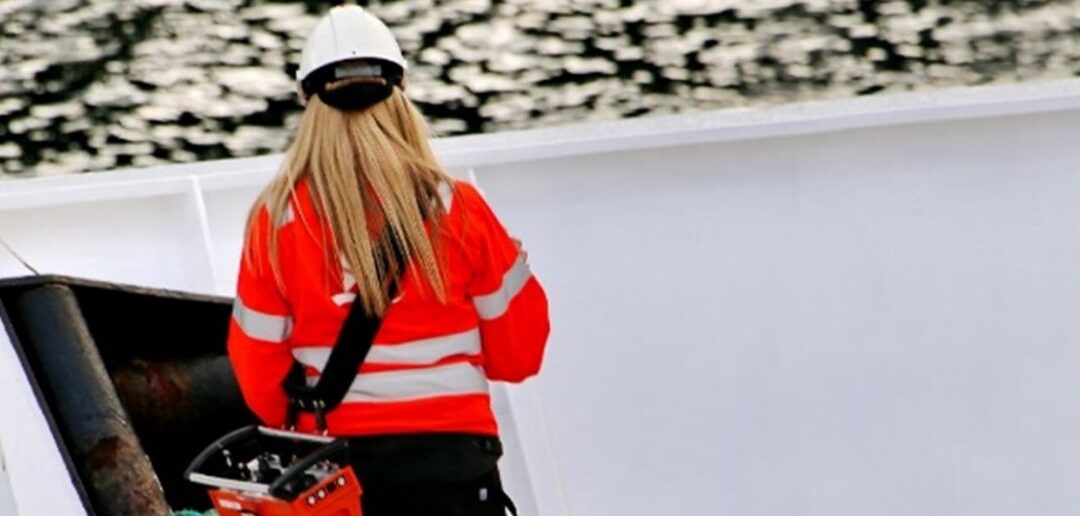Wednesday March 8th marks the annual celebration of the International Day for Women (IWD). This influential day not only raises awareness of gender equality, reproductive rights, and abuse against women but just as importantly the many challenges women face in the workplace. In the last decade, huge strides have been made to make the workplace a level playing field regarding women’s rights and progressive environments regarding equality, retention and sustained employment of women and pay.
Women equality in the workplace
The Equality Act of 2010 very much helped close the equality gap by making it unlawful for employers to treat workers less favourably than others because of sex, sexual orientation, transgender or marital status.
This was also reflected in the gender pay gap. According to the Office for National Statistics (ONS), median hourly pay for full-time employees in 2022 was 8.3% less for women than for men. Investing in women and their well-being is the most effective way to lift communities, companies, and even countries. Sadly, historically, women were perceived as ‘unsuitable’ for the workplace, or even if they were allowed to work within a sector, the work was typically clerical or administrative. This was the case for most professions, but especially labour-intensive, physical roles. Seafaring, in general, has been a highly masculine-gendered occupation. Naval ranks, Captains, Pirates, and famous seafarers were always male occupied.
The 20th Century breakout and time for change
It was only until the early part of the 20th Century, and the breakout of both World Wars, that women became more of a prevalent workforce, as most positions in the maritime industry were left vacant over both periods of conflict. Women across the country began to prove that they were just as able as men to do traditionally male-dominated jobs. After World War II, women cemented their role in most workplaces across the country and are integral not only to the maritime sector but in most sectors nationwide. As time progressed, women really began establishing themselves in the maritime industry, but the levels of gender equality were still seismic. Change was required.
The beginning of a new era
To address this, the organisation Women’s International Shipping & Trading Association (WISTA) was founded to offer a global organisation that connected female executives and decision-makers worldwide. WISTA International serves as a connector for its network of more than 3,800 female professionals from all maritime industry sectors.
Similarly, The International Maritime Organisation (IMO) initiated the gender programme in 1988 and worked to address equality and equal opportunities for women. The IMO’s gender and capacity-building programme has helped put in place an institutional framework to incorporate a gender balance into IMO’s policies and procedures. Over the last twenty years, the roles, and conditions for women within the maritime community have considerably changed, generating a barrier free working environment within the sector.
Furthermore, in 2009, the FEMMAR project was also implemented to look at changing women’s role and status in the maritime industry. Further promoting gender diversity by exploring and investigating the condition and role of women. The project concluded in 2011 and showed that the presence of women in maritime activities is now commonplace. Celebrating that women and their skills as sailors are recognised, demonstrating an important development in the maritime sector.
Where are we today, 2023 and onwards
Today, women represent only 1.2% per cent of the global seafarer workforce, per the BIMCO/ICS 2021 Seafarer Workforce Report. This represents a positive trend in gender balance, with the report estimating 24,059 women serving as seafarers, which is a 45.8% increase compared with the 2015 report.
Women’s roles will likely change as they gain empowerment through active participation in these male-dominated professions. Women are brilliant and deserving of recognition if they are given the opportunity to work and serve in the same capacities as men. The maritime industry is expected to make tremendous strides in the coming decade by increasing the visibility of women leaders, who are making bold moves and achieving breakthrough career successes.
The maritime industry supports and is continuously working towards a barrier free environment for women, now couldn’t be a better time to consider a career in the maritime industry. This forever evolving and welcoming industry accounts for roughly 90 per cent of global trade. The sector offers a wide range of jobs for those looking to experience a new career with unlimited career advancement.
Gaining qualifications has also become easier as several training providers offer a wide range of courses, from short online entry-level courses to full-time comprehensive Diplomas. So, what are you waiting for?
Embark on your maritime career with the Maritime Training Academy today
The Maritime Training Academy are experts in marine distance learning offering online maritime courses and Diplomas run by experienced and qualified professionals. From the yachting industry to the restoration of historic ships and boats, the MTA caters for all learner requirements.
For further information, contact the Maritime Training Academy team or download a copy of the prospectus for the complete module and comprehensive breakdown of all marine courses. We look forward to hearing from you.

